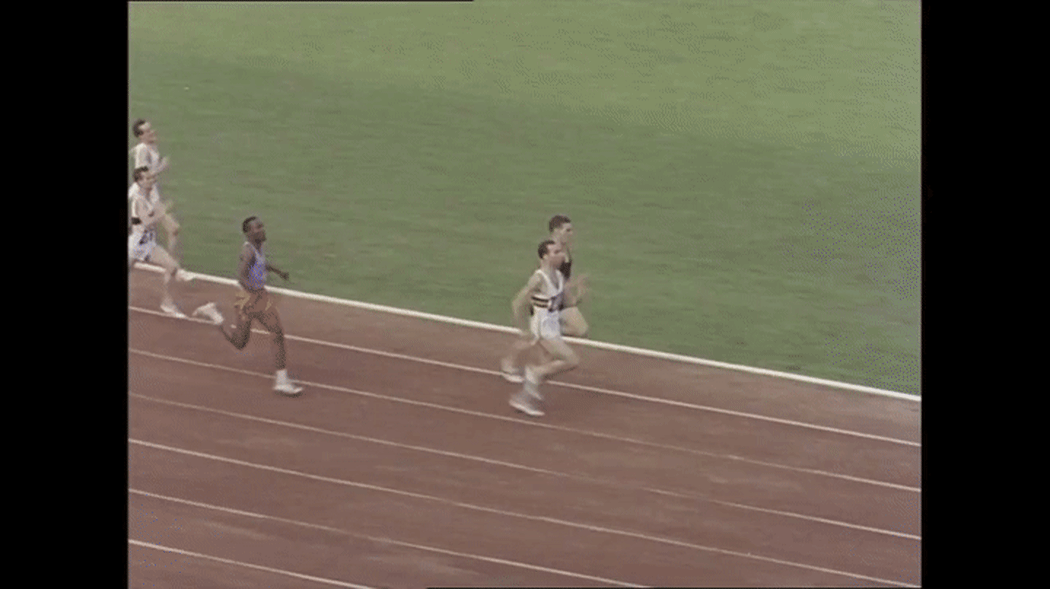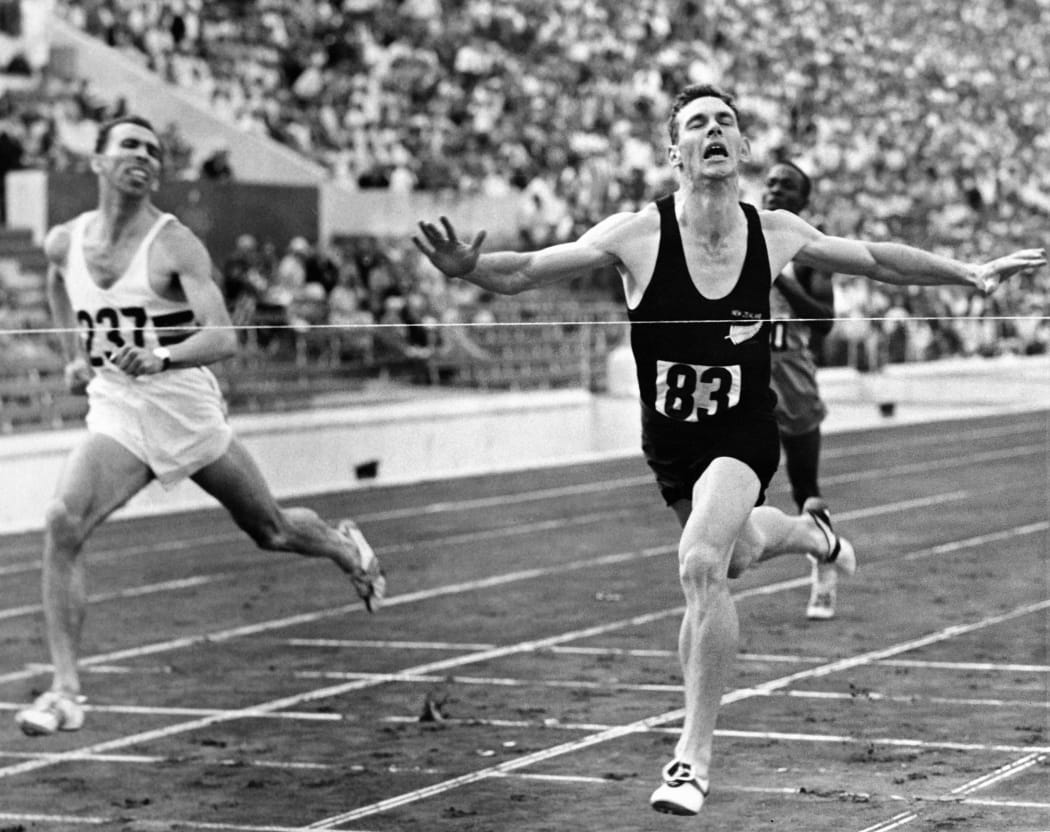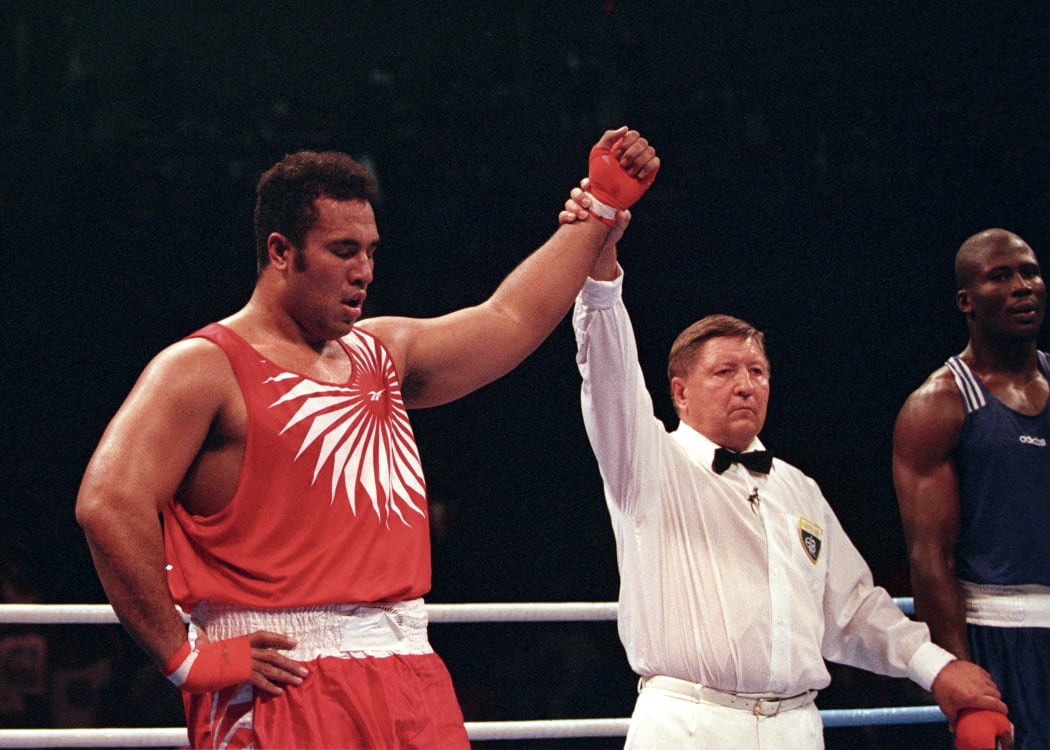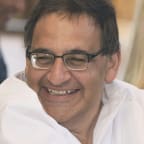Opinion - International sport isn't the mystery it used to be, which means there aren't so many "bolters" coming from nowhere to win Olympic medals.

Peter Snell winning gold at the 1960 Olympics in Rome. Photo: No metadata
With travel so frequent these days, few medal hopefuls reach an Olympic Games without being known by their rivals and the world media.
It's happened to New Zealand in the past, and perhaps the best example was Peter Snell at Rome in 1960. He was ranked 26th in the world at the start of the 800m competition.
In his first-round race there were four starters with three to qualify. The commentator said: "This is ridiculous - a four-man race and you can write down the names of the first three already." The 21-year-old Snell was not one of his three.

Peter Snell sprints to win the 800m final in front of Roger Moens from Belgium on 2 September 1960 during the Olympic Games in Rome. Photo: AFP
Snell emerged from nowhere to win the gold medal in Rome, and in 1968 the New Zealand coxed four, who had never rowed a race, did the same, winning three times in succession at Mexico City to claim the gold.
A more recent example of a relative unknown getting among the medals was Tongan super-heavyweight boxer Paea Wolfgramm at Atlanta in 1996.
The likeable Wolfgramm was a de facto member of the New Zealand team because he lived and trained in Auckland.
At Atlanta, he won three successive close bouts to make the final. Having stunned Cuban Alexis Rubalcaba, he eked out a win over Nigerian Duncan Dokiwari with his final punch of their semi-final.

Paea Wolfgramm, Heavyweight Silver medalist for Tonga at the 1996 Olympic Games in Atlanta, USA. Photo: Photosport
Wolfgramm became a massive drawcard in Atlanta.
Unfortunately he broke his wrist against Dokiwari, but he still fought the final, against Wladimir Klitschko, losing on points.
Tonga was the smallest country to win an Olympic medal and Wolfgramm became a national hero.
King Taufa'ahou declared a day of fasting and prayer before the final and when Wolfgramm arrived in Tonga after the Olympics, he was carried on a chair by the Tongan rugby team to his village (no mean feat, because he was 141kg).
There may not be any dark horses of the Snell/Wolfgramm ilk in New Zealand's Olympic team at Rio de Janeiro, but besides the big names like rowers Mahe Drysdale and Eric Murray and Hamish Bond, kayaker Lisa Carrington, golfer Lydia Ko and shot putter Val Adams, there are plenty of lesser lights to watch out for.
Here are five:
Equestrian, three-day eventing. Even without Andrew Nicholson, the New Zealand lineup oozes class. It is led by 60-year-old Mark Todd and also includes Jock Paget, Jonelle Price and Clarke Johnstone. Todd and Paget in particular may well contend for individual medals too.
Women's triathlon. Keep an eye on Andrea Hewitt at her last Olympics. The 34-year-old has won six medals at senior world champs, plus a Commonwealth Game bronze in 2006. She finished eighth and sixth at her two previous Olympics. There was a heartbreak when her fiancé and coach Laurent Vidal died of a heart attack last year, but Hewitt has rebounded from that tragedy with good recent performances.
Rowing, eights. New Zealand has not fielded an eight at the Olympics since 1984, but has a proud tradition in this blue riband event. The New Zealand eight were favourites at Mexico City in 1968, but, struggling with the high altitude, lost a winning lead in the final, finishing fourth. In 1972 the eight made amends, winning the gold handsomely. Four years later they were bronze medallists. In 1984, they were fourth.
This time New Zealand has men's and women's eights entered. The women were second to the US in last year's world champs and the men were a close fourth, so both have realistic medal chances.
Athletics, men's 1500m. New Zealand is for the first time fielding three runners in the 1500m. Most hopes centre on Nick Willis, 33, attending his fourth Olympics. He was a semi-finalist in 2004, the silver medallist in 2008 and ninth in the 2012 final. He has also won a Commonwealth Games gold and two bronzes and he is still running as well as ever.
Cycling, men's team pursuit. In this most competitive of track cycling events, New Zealand earned bronzes in 2008 and 2012, and Piet Bulling, Regan Gough, Dylan Kennett, Aaron Gale and Hayden Roulston are a good bet to again get among the medals. Roulston was part of the 2008 team and Gate was in the 2012 lineup.
*Joseph Romanos is a long-time sports journalist. Rio will be the ninth Olympic Games he has covered. He will be there as part of the New Zealand Olympic Committee website team.


